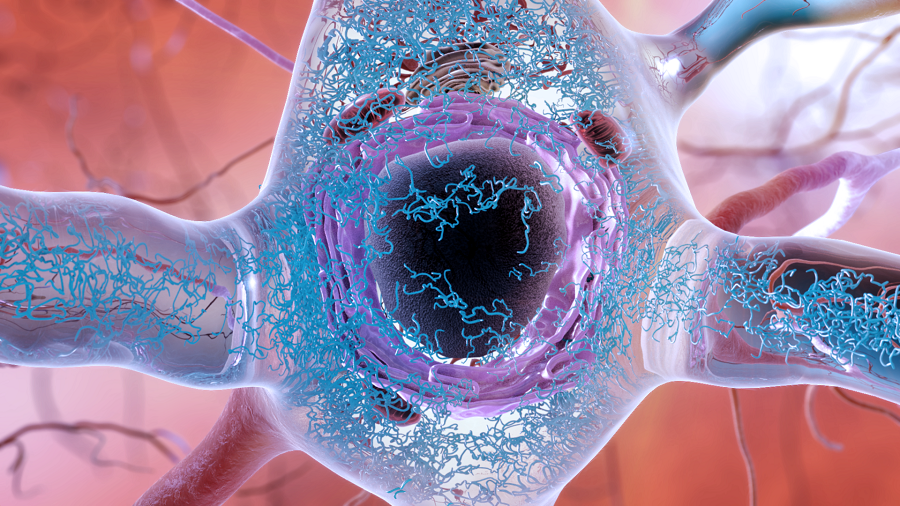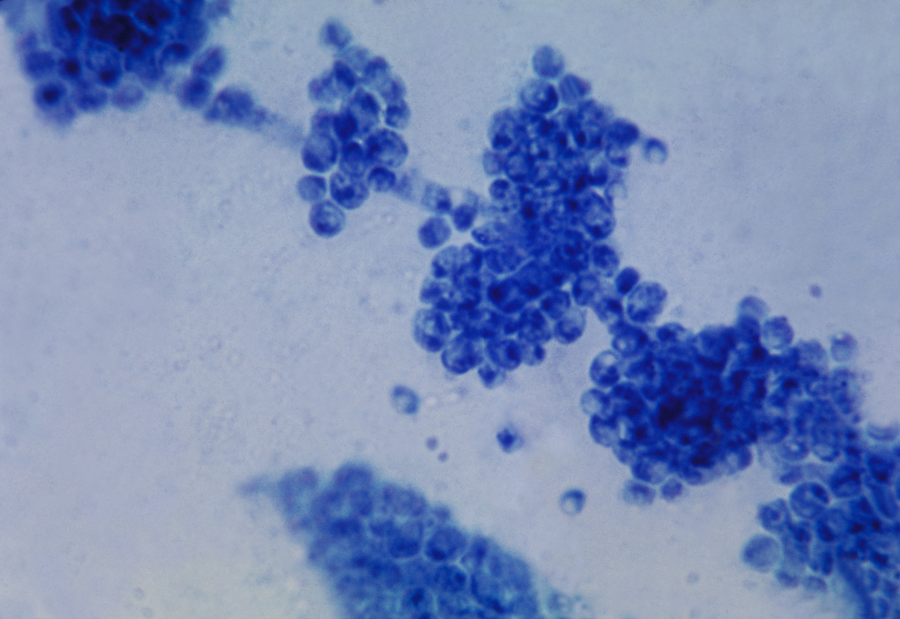Connecting interferon, neuroinflammation and synapse loss in Alzheimer’s disease
When immunologist Dr. Wei Cao joined Baylor College of Medicine three-and-a-half years ago, her first project was to investigate how inflammation contributes to Alzheimer’s disease.
Read More








